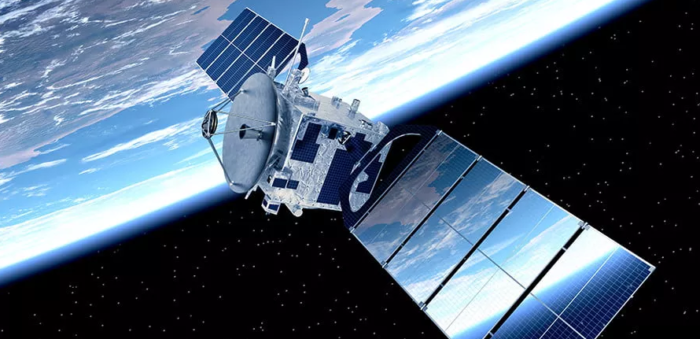Startup UnseenLabs informed about its intentions to launch up to six more ship-tracking cubesats during 2020. The satellites aim to monitor maritime traffic, by using orbiting sensors to track vessels that turn off their AIS.
As Clément Galic, cofounder and general manager of the Brittany, France-based company, noted, previous operations and tests of the satellite it launched on August 19 shared with three other satellites, indicated that it is able to detect radio-frequency signals from vessels that are trying to avoid detection.
UnseenLabs’s plans to develop tens of satellites, aiming to monitor maritime traffic and detect ships that turn off their AIS.
[smlsubform prepend=”GET THE SAFETY4SEA IN YOUR INBOX!” showname=false emailtxt=”” emailholder=”Enter your email address” showsubmit=true submittxt=”Submit” jsthanks=false thankyou=”Thank you for subscribing to our mailing list”]
Currently, the company has one satellite orbiting the Earth, which need from half a day to two days to revisit a location. When the company increases that number to 20, its revisit rate will be no more than an hour.
In fact, Unseenlabs aspires to establish 20 to 50 satellites in low Earth orbit.
What is more, On 22 August, during the state visit to France of India’s Prime Minister Narendra Modi, an agreement was signed by CNES President Jean-Yves Le Gall and Sivan K, Chairman of the Indian Space Research Organisation (ISRO), to start development and production of a constellation of satellites, to track tracking ships continuously.
The satellites will be operated jointly by France and India to monitor ships in the Indian Ocean.
The system will cover a wide area around the world, benefiting several French economic interests. With a revisit capability making it possible to task acquisitions several times a day, it will also be able to detect oil slicks and trace where they come from.
CNES and ISRO have developed, built and are jointly operating numerous satellites that are serving significant applications for food security, water resource management and climate research. An infrared climate-monitoring satellite is in the study phase and India’s next oceanography satellite will be carrying a CNES Argos instrument into orbit in 2020.





























































